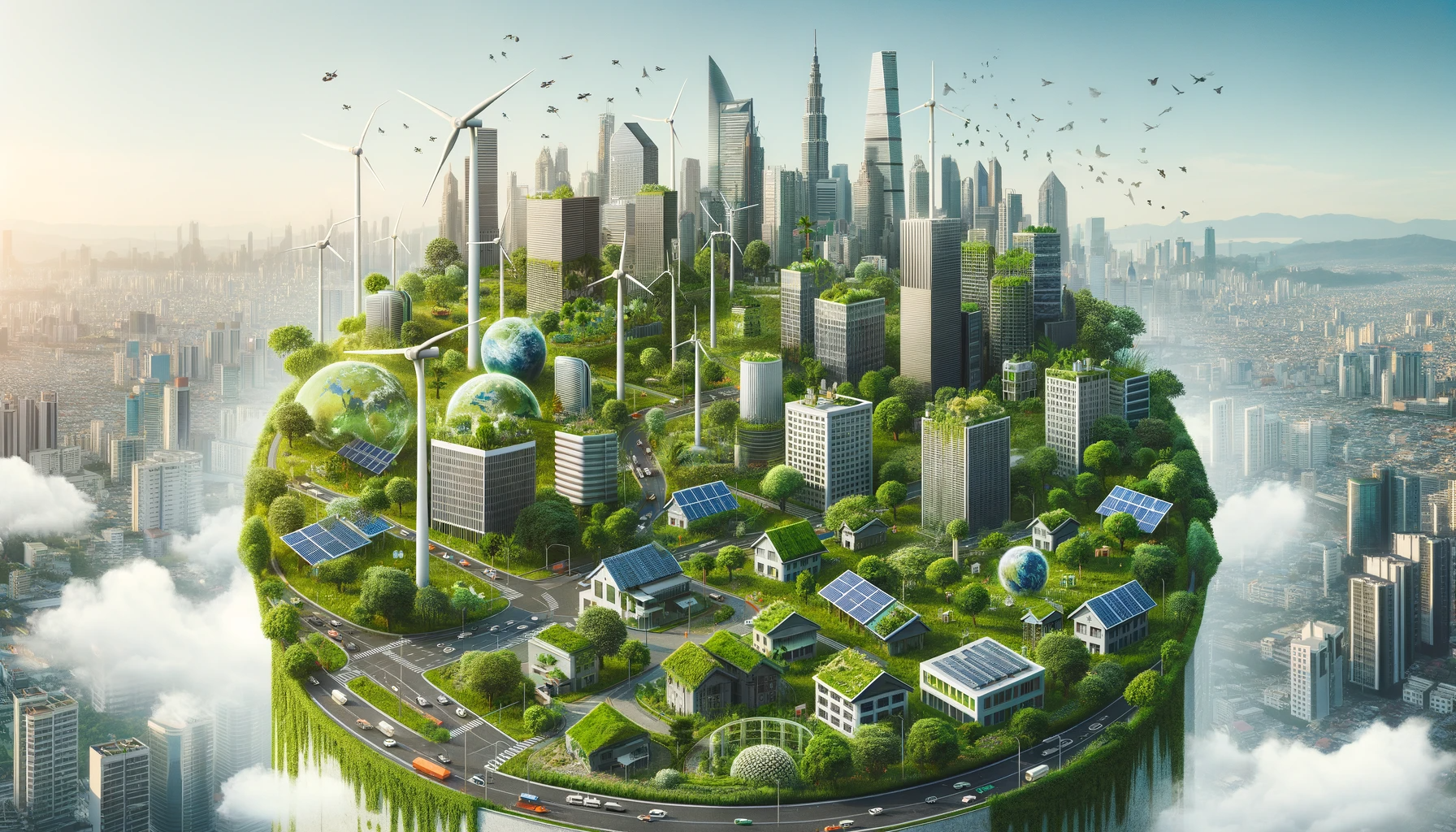As our global society grapples with the environmental consequences of rampant energy consumption, sustainable energy conservation emerges as a crucial strategy for creating a more sustainable future (International Energy Agency, 2020). This approach, encompassing both energy efficiency improvements and increased usage of renewable energy sources, is essential in mitigating climate change and promoting economic and environmental sustainability (European Commission, 2018).
Improving energy efficiency involves minimizing energy usage while maintaining the same level of service or output. When correctly implemented, energy efficiency can lead to substantial savings and reductions in greenhouse gas emissions (World Energy Council, 2019). Examples include replacing traditional light bulbs with LEDs, insulating homes properly, and using energy-efficient appliances (U.S. Department of Energy, 2021). On a larger scale, industries can embrace energy-efficient technologies and processes, contributing to significant energy conservation (Energy Star, 2020).
The transition to renewable energy sources, such as solar, wind, and hydropower, is the second pillar of sustainable energy conservation. Renewable energy, being inexhaustible and cleaner, offers an environmentally friendly alternative to traditional fossil fuels (International Renewable Energy Agency, 2019). Micro- and macro-level implementation of renewable energy, ranging from residential solar panels to large wind farms, can significantly reduce reliance on nonrenewable energy sources (National Renewable Energy Laboratory, 2020).
Education and public policy are also integral to promoting sustainable energy conservation. Awareness campaigns can help individuals and communities understand their energy consumption patterns and impacts, encouraging more sustainable choices (United Nations Environment Programme, 2020). Government incentives and regulations can spur corporate responsibility and motivate individual action towards sustainable energy conservation (World Bank, 2018).
In conclusion, sustainable energy conservation, blending energy efficiency with increased use of renewable energy, represents a powerful tool in reducing environmental impact and fostering a more sustainable society (Intergovernmental Panel on Climate Change, 2018). This transition requires a concerted effort from individuals, businesses, and governments but promises a secure and sustainable energy future for all.
References:
- International Energy Agency (2020). Energy Efficiency 2020. Paris: IEA.
- European Commission (2018). A Clean Planet for all. Brussels: European Commission.
- World Energy Council (2019). Energy Efficiency: A straight path towards sustainability. London: World Energy Council.
- U.S. Department of Energy (2021). Energy Saver Guide: Tips on Saving Money and Energy at Home. Washington, D.C.: U.S. Department of Energy.
- Energy Star (2020). Industrial Energy Management Information Center. Washington, D.C.: U.S. Environmental Protection Agency.
- International Renewable Energy Agency (2019). Global Energy Transformation: A roadmap to 2050. Abu Dhabi: IRENA.
- National Renewable Energy Laboratory (2020). Renewable Energy Integration. Golden, CO: NREL.
- United Nations Environment Programme (2020). Making it Happen: Sustainability & Behaviour Change. Nairobi: UNEP.
- World Bank (2018). Regulatory Indicators for Sustainable Energy. Washington, D.C.: World Bank.
- Intergovernmental Panel on Climate Change (2018). Global warming of 1.5°C. Geneva: IPCC.


